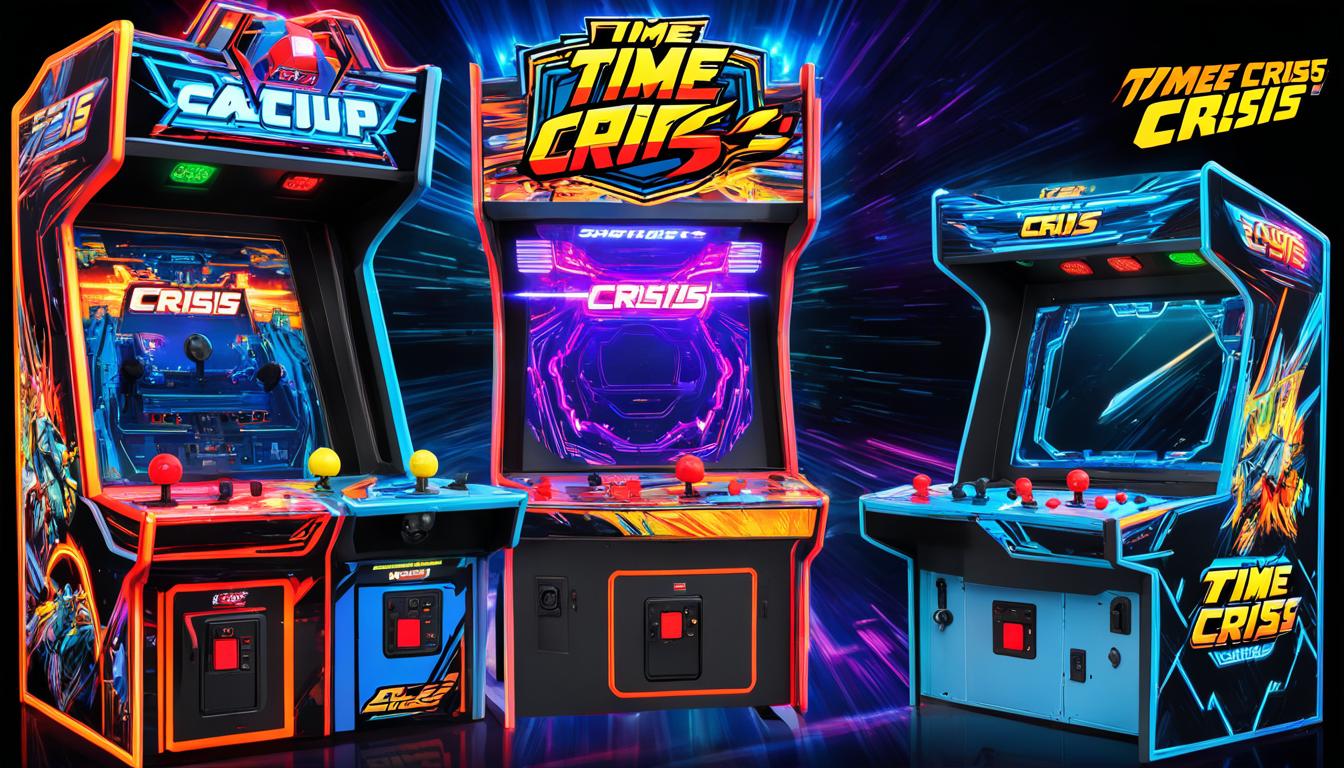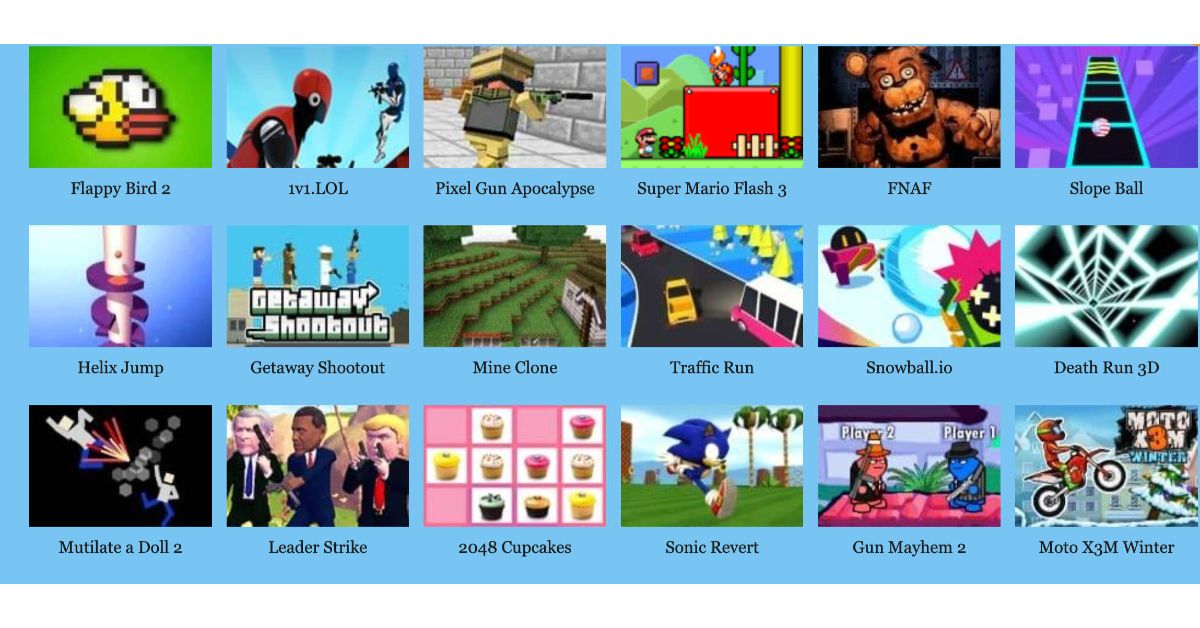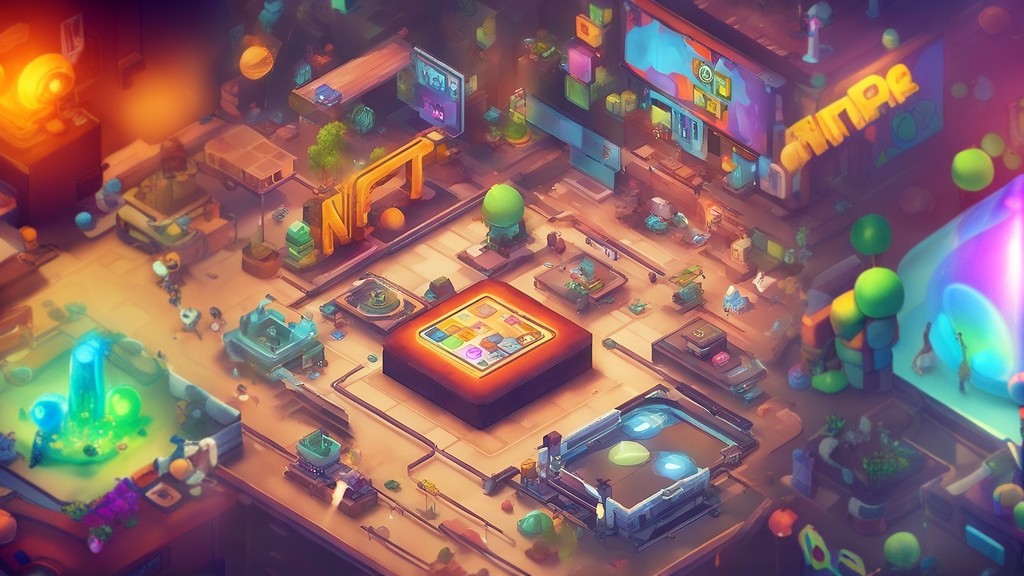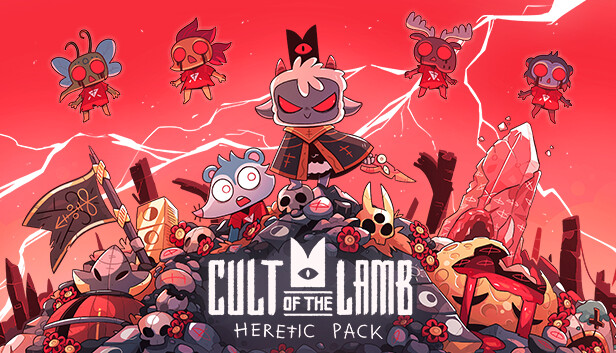20% of the audience of the Yakuza series happens to be females. This was revealed recently in an interview that the series’ director, Toshihiro Nagoshi, revealed to Famitsu in an interview.
Siliconera translated the relevant parts, where Nagoshi reveals that a fifth of the fanbase are females but that doesn’t mean that they will be catering to that group, explaining that over the course of a decade they’ve had a growing number of hardcore fans…
“[Yakuza is] a title with impact, so I believed that those who would follow would continue doing so. Other than that, I also believed that those who followed with it would quickly become hardcore fans. That’s a tendency that still hasn’t changed much. What was unexpected was that the number of female players has increased. Currently, about 20% are female players.”
“While that is something to be happy for, Yakuza is something that is made for male players, so we will be careful not to be too conscious of the female users and derail from what we want to make. Lately, there’s been a lot more players from Asia as well. That means we need to appeal more to Asia, but not focus too much on that, too.”
It’s a very different approach that they’re taking compared to American studios, who have tried bending over backwards to any sort of “problematic” content brought up by some feminists. A lot of games have undergone or are undergoing feminization in an attempt to appeal to those who claim that making games more feminist-friendly will increase their sales.
Increased sales have not always been the case for games that have attempted to appeal to their non-fandom; so far, games like Assassin’s Creed: Syndicate, Remember Me and Bombshell under-performed despite focusing on feminist ideals within an action game space.
It was previously revealed by DeltaDNA in a market research report that many female gamers just aren’t into action games like male gamers, and despite gender neutral marketing, there was still 75% more males playing action games compared to females, and 82% more females who preferred puzzle games over males. So changing up formulas doesn’t always result in gaining a new demographic.
In this case, Nagoshi wants to keep the core of the Yakuza games centered on what made them popular in the first place, as opposed to trying to change things around to appeal to Western audiences or a specific sect of their demographic.
Usually games and brands perform better over the long haul if they stay true to what made them popular in the first place, as opposed to constantly kowtowing to the demands of a select few within the fandom, a problem that the show Arrow has suffered from and paid for dearly with sloppy writing, poor characterizations and a generally declining plot that lacks direction.
Some games in the pipeline are doing the opposite of what Nagoshi are doing, so we’ll see how well they fare on the market. Yakuza 6 is scheduled to release later this year for the PlayStation 4. I’m sure many hardcore fans are happy to find out that the developers aren’t sacrificing their vision in an attempt to be more “broadly appealing”.
(Main image courtesy of Giuseppe Nelva)









